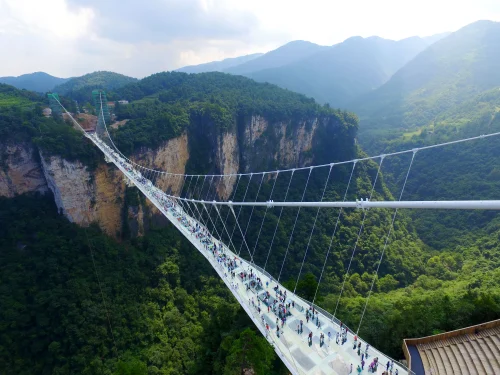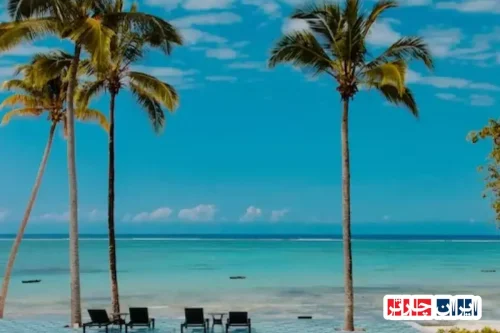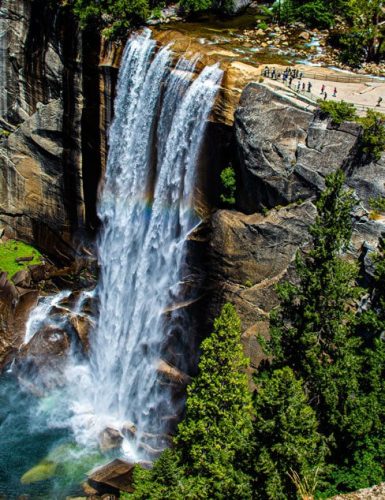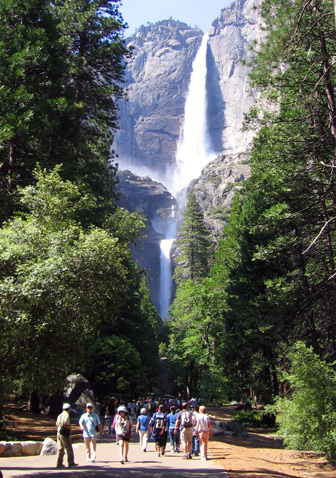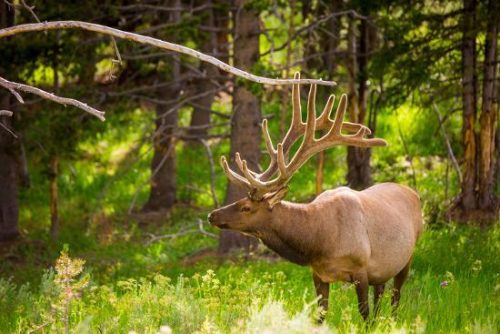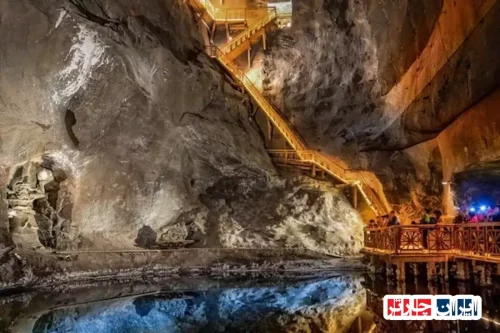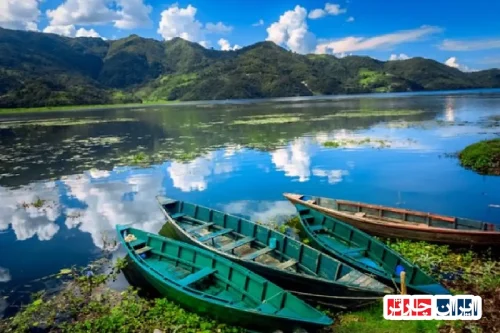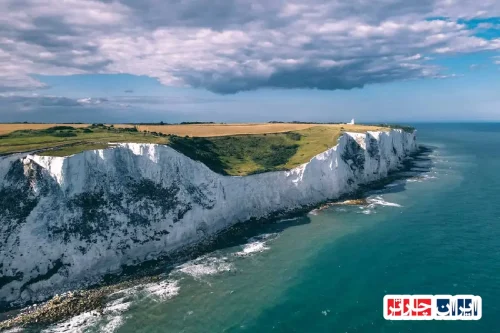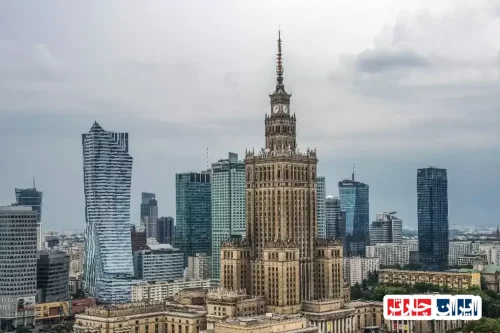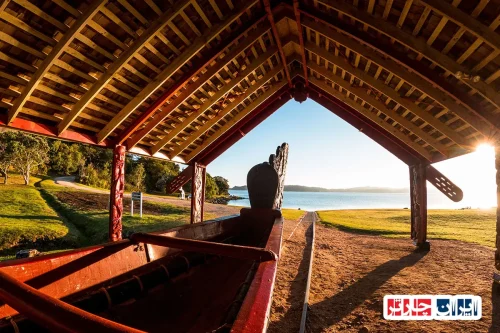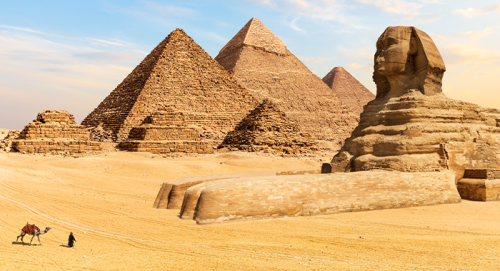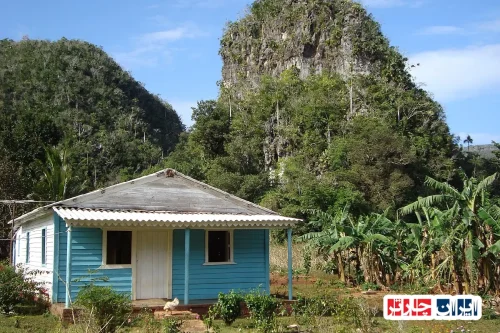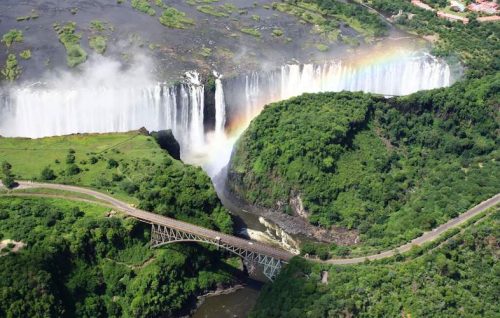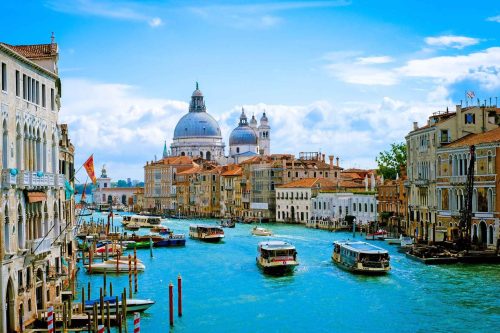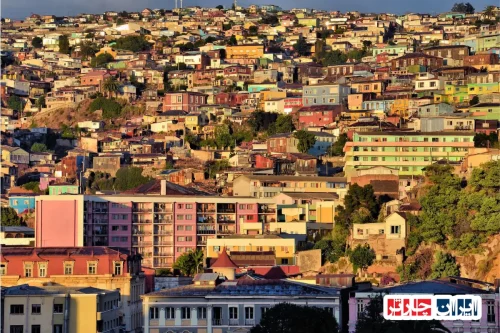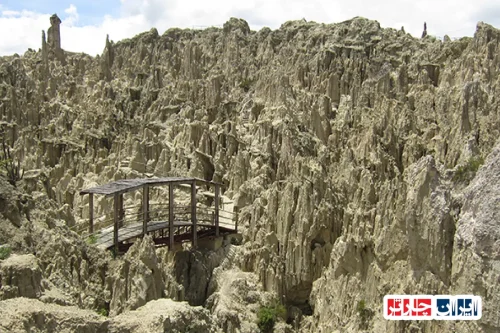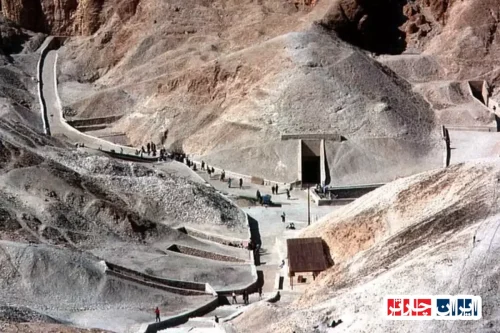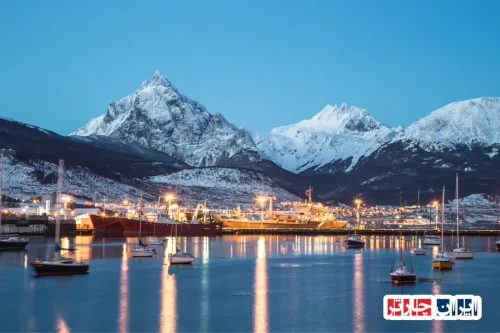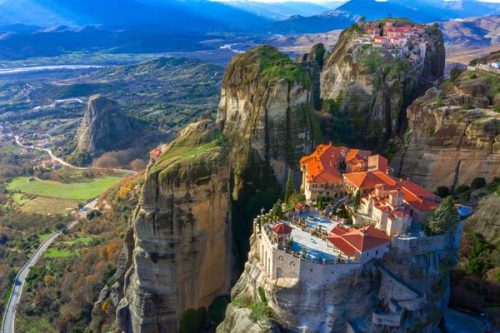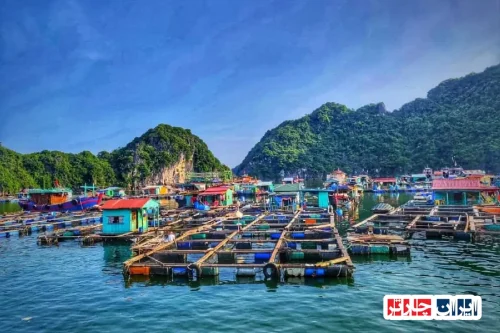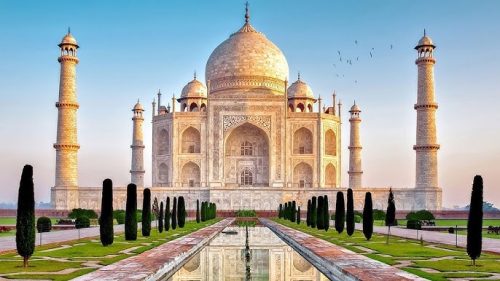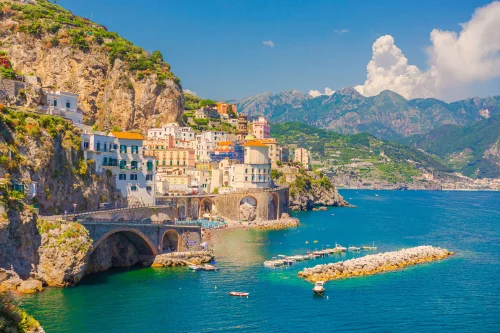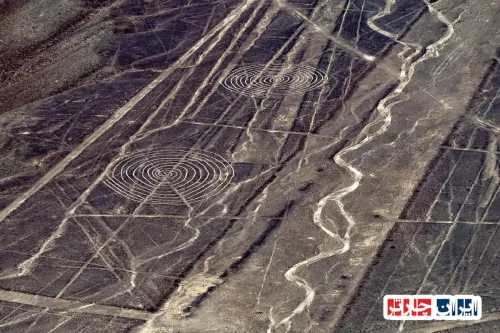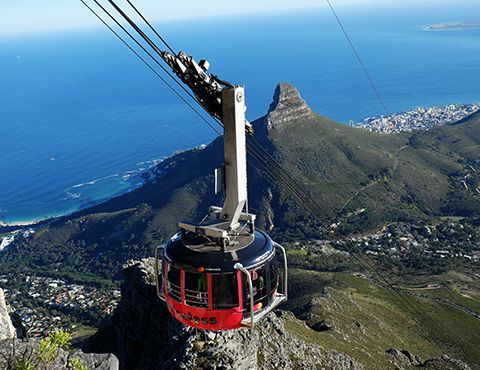Discover the Magnificent Okavango Delta in Botswana: An Unparalleled Natural Wonder
Experience the breathtaking beauty of the Okavango Delta-Iran Charter, a unique and vibrant ecosystem located in the heart of Botswana. This extraordinary wetland, often referred to as the “Jewel of Africa,” offers an unparalleled opportunity to witness diverse wildlife, pristine landscapes, and rich cultural heritage. The Okavango Delta Botswana is renowned for its sprawling floodplains, lush islands, and abundant fauna, making it a must-visit destination for nature lovers and adventure seekers alike. Exploring this natural marvel provides a rare chance to observe the intricate balance of ecosystems that sustain countless species, including elephants, lions, hippos, and a myriad of bird species. Whether you’re embarking on a safari, enjoying scenic flights over the delta, or relaxing in eco-friendly lodges, the Okavango Delta Botswana promises an unforgettable journey into the wild heart of Africa. Discover why this UNESCO World Heritage site continues to captivate travelers from around the globe and how responsible tourism can help preserve its fragile environment for future generations.
Discovering the Unique Ecosystem of the Okavango Delta in Botswana
The Okavango Delta in Botswana stands as one of Africa’s most extraordinary natural wonders, renowned for its vast wetlands, rich biodiversity, and pristine landscapes. Spanning over 15,000 square kilometers, this UNESCO World Heritage Site offers a unique habitat where lush floodplains, seasonal channels, and lush islands create a dynamic environment teeming with wildlife. Visitors are captivated by the breathtaking scenery and the opportunity to witness a thriving ecosystem that sustains numerous species, including elephants, lions, hippos, and countless bird species. The delta’s intricate network of waterways and wetlands supports an array of aquatic and terrestrial life, making it a vital conservation area and a top destination for eco-tourism enthusiasts. Exploring the delta provides an unparalleled chance to connect with nature and experience the raw beauty of Botswana’s wilderness. Its ecological significance and stunning vistas make the Okavango Delta a must-visit destination for travelers seeking adventure and natural serenity.
The Formation and Geographical Evolution of the Okavango Delta
The formation of the Okavango Delta is a result of complex geological and hydrological processes that have taken place over millions of years. Originating from the highlands of Angola, the Okavango River flows southward, depositing sediments and creating a vast inland delta that remains largely seasonal. Tectonic activity and climate variations have shaped its current landscape, transforming it into a sprawling wetland system. The annual flooding, driven by seasonal rains and the river’s flow, inundates the plains and forms the intricate network of channels and islands that define the delta. Over time, sedimentation and natural processes have led to the development of diverse habitats, including floodplains, lagoons, and reed beds. This dynamic evolution continues today, maintaining the delta’s ecological vitality and supporting its diverse flora and fauna. Understanding its geological history is essential for effective conservation and sustainable tourism development in the region.
Wildlife Diversity and Conservation in the Okavango Delta
The Okavango Delta is a sanctuary for an incredible diversity of wildlife, making it one of Africa’s premier safari destinations. It hosts a wide range of species, from the iconic Big Five—lion, elephant, buffalo, leopard, and rhinoceros—to numerous antelope, crocodiles, and aquatic birds. The seasonal flooding creates ideal conditions for breeding and migration, attracting thousands of animals each year. Birdwatchers can enjoy over 500 bird species, including kingfishers, herons, and pelicans, making it a birding paradise. Conservation efforts focus on protecting endangered species such as the black rhinoceros and wild dog, while sustainable tourism practices help fund ongoing preservation projects. The delta’s ecosystem is fragile, and human activities like poaching, habitat destruction, and climate change pose threats. Therefore, strict regulations and community-based conservation initiatives are vital to ensure the long-term survival of this natural treasure and its inhabitants.
Role of Water and Seasonal Flooding in Supporting Local Ecosystems
Water is the lifeblood of the Okavango Delta, shaping its ecology and supporting both wildlife and local communities. The seasonal flooding, driven by rainfall in the Angolan highlands, inundates the plains during the rainy season, creating a thriving wetland environment. This periodic inundation sustains a rich array of aquatic plants, fish, and birdlife, while also providing essential water sources for terrestrial animals. The floodwaters also facilitate nutrient distribution across the delta, promoting plant growth and maintaining ecological balance. Indigenous communities have adapted their livelihoods around these natural cycles, relying on fishing, hunting, and sustainable agriculture. Protecting the water sources and managing flood regimes are crucial for preserving the delta’s ecological health and supporting the livelihoods of local populations. Effective water management ensures that the delta remains a vibrant habitat for wildlife and a sustainable resource for future generations.
Adventure Tourism: Safaris, Birdwatching, and Water Activities in the Okavango
The Okavango Delta offers a diverse range of adventure tourism experiences that attract travelers from around the world. Guided safaris, whether by vehicle, boat, or mokoro (traditional canoe), provide intimate encounters with Africa’s iconic wildlife in their natural habitat. Birdwatching is particularly popular, with the delta hosting over 500 species, including rare and migratory birds, making it a paradise for ornithologists. Water-based activities such as mokoro trips and boat safaris allow visitors to explore the intricate waterways and observe animals like elephants and hippos up close. For thrill-seekers, hot air balloon safaris offer panoramic views of the vast wetlands at sunrise, creating unforgettable memories. These activities promote eco-friendly tourism and foster awareness about conservation efforts, ensuring that the delta’s natural beauty is preserved for future generations to enjoy.
The Unique Ecosystems of Islands and Salt Flats within the Delta
Within the expansive Okavango Delta, several islands and salt flats contribute to its ecological diversity. The islands, formed by sediment deposits and vegetation growth, serve as critical breeding grounds for birds and refuge for terrestrial animals. These elevated areas are less affected by seasonal floods, providing safe nesting sites and shelter. Salt flats and mineral-rich areas add to the complexity of habitats, supporting specialized plant and animal species adapted to these conditions. The interaction between freshwater and saline environments creates a mosaic of ecosystems, each with unique flora and fauna. Protecting these fragile zones is essential for maintaining the overall health of the delta. Conservation initiatives focus on sustainable tourism and habitat preservation to ensure these natural features continue to support biodiversity and ecological resilience.
Environmental Challenges and the Future of the Okavango Delta
The future of the Okavango Delta faces several environmental challenges that threaten its delicate balance. Climate change has led to unpredictable rainfall patterns and reduced floodwaters, impacting the natural cycles that sustain the ecosystem. Human activities such as illegal poaching, habitat encroachment, and unsustainable tourism also pose significant risks. Rising temperatures and water extraction further exacerbate these issues, risking the loss of biodiversity and ecosystem services. To safeguard this UNESCO World Heritage Site, comprehensive conservation strategies, community engagement, and international cooperation are vital. Implementing sustainable water management, enforcing anti-poaching laws, and promoting eco-tourism can help mitigate these threats. Protecting the delta’s ecological integrity is essential not only for wildlife but also for the local communities that depend on its resources for their livelihoods.
Responsible Tourism and Its Impact on the Preservation of the Delta
Responsible tourism plays a crucial role in preserving the natural beauty and ecological integrity of the Okavango Delta. Tourists are encouraged to follow eco-friendly practices, such as minimizing waste, respecting wildlife, and supporting local communities. Eco-conscious accommodations and guided tours ensure that tourism activities do not harm the environment. Education about conservation and sustainable practices helps visitors understand their impact and promotes a culture of respect for nature. Responsible tourism also provides economic benefits to local populations, incentivizing the protection of natural resources. By choosing sustainable travel options, visitors contribute to ongoing conservation efforts and help maintain the delta’s pristine condition for future generations to explore and enjoy.
Culture, Traditions, and the Human Connection to the Okavango Delta
The communities living around the Okavango Delta have a deep cultural connection to this unique environment. Traditional practices such as fishing, hunting, and crafting are intertwined with the natural cycles of the delta. These indigenous cultures have developed sustainable ways to coexist with the ecosystem, ensuring its preservation for future generations. Their knowledge of the land, water, and wildlife is invaluable for conservation efforts. Festivals, storytelling, and crafts reflect their rich heritage and respect for nature. Promoting cultural tourism that highlights these traditions fosters mutual understanding and supports local livelihoods. Preserving the cultural identity of these communities is essential for maintaining the social fabric and ecological sustainability of the region, ensuring that human and natural systems thrive together.
Frequently Asked Questions
- What makes the Okavango Delta a unique ecosystem?
- The Okavango Delta is renowned for its vast wetlands, rich biodiversity, and pristine landscapes. Its intricate network of waterways, seasonal floodplains, and lush islands create a dynamic habitat supporting a wide variety of wildlife, including elephants, lions, hippos, and numerous bird species. This combination of features makes it one of Africa’s most extraordinary natural wonders and a vital conservation area.
- How was the Okavango Delta formed geographically?
- The delta was formed through complex geological and hydrological processes over millions of years. Originating from the highlands of Angola, the Okavango River deposits sediments as it flows southward, creating a sprawling inland delta. Tectonic activity and climate variations have shaped its current landscape, with seasonal flooding driven by rains and river flow creating its distinctive channels and islands.
- What types of wildlife can visitors expect to see in the delta?
- The delta hosts a diverse range of species, including the Big Five—lion, elephant, buffalo, leopard, and rhinoceros—as well as numerous antelope, crocodiles, and over 500 bird species such as kingfishers, herons, and pelicans. Seasonal flooding attracts large herds of animals for breeding and migration, making it a premier safari destination.
- How does water and seasonal flooding support the ecosystem?
- Water from seasonal rains inundates the plains, creating a thriving wetland environment essential for aquatic plants, fish, and birdlife. Floodwaters distribute nutrients, support plant growth, and provide water sources for terrestrial animals. These natural cycles sustain the biodiversity and ecological balance of the delta.
- What adventure activities are available in the Okavango Delta?
- Visitors can enjoy safaris by vehicle, boat, or mokoro (traditional canoe), offering close encounters with wildlife. Birdwatching is popular due to the high diversity of bird species. Water activities like mokoro trips and boat safaris allow exploration of waterways, while hot air balloon safaris provide panoramic views of the wetlands at sunrise.
- What role do islands and salt flats play within the delta?
- Islands formed by sediment deposits serve as breeding grounds for birds and refuges for terrestrial animals. Salt flats and mineral-rich zones add habitat diversity, supporting specialized flora and fauna. These features contribute to the ecological mosaic of the delta, essential for maintaining biodiversity.
- What are the main environmental challenges facing the delta?
- Climate change causes unpredictable rainfall and reduced floodwaters, threatening ecological cycles. Human activities like poaching, habitat destruction, and unsustainable tourism also pose risks. Rising temperatures and water extraction further threaten biodiversity, requiring effective conservation strategies.
- How can responsible tourism help preserve the delta?
- Eco-friendly practices such as minimizing waste, respecting wildlife, and supporting local communities are vital. Sustainable accommodations and guided tours reduce environmental impact. Education about conservation encourages visitors to act responsibly, ensuring the delta remains pristine for future generations.
- What is the cultural significance of the delta for local communities?
- Indigenous communities have a deep cultural connection to the delta, relying on traditional practices like fishing, hunting, and crafting. Their knowledge of the land and wildlife supports conservation efforts. Festivals and storytelling reflect their heritage, promoting sustainable coexistence with nature.
- How does the delta contribute to local livelihoods?
- Tourism, fishing, and sustainable agriculture are primary sources of income for communities around the delta. Conservation initiatives help protect resources, ensuring ongoing economic benefits and ecological health. Promoting eco-tourism creates opportunities while preserving natural habitats.
- What measures are in place to protect endangered species in the delta?
- Conservation programs focus on protecting species like the black rhinoceros and wild dog through anti-poaching laws, habitat preservation, and community engagement. International cooperation and sustainable tourism practices also support biodiversity conservation efforts.
- How does climate change impact the future of the Okavango Delta?
- Changing rainfall patterns and reduced flooding threaten the ecological cycles that sustain the delta. Rising temperatures and water scarcity can lead to habitat loss and species decline. Addressing these issues requires global and local efforts in water management and climate adaptation.
- What role does eco-tourism play in the delta’s preservation?
- Eco-tourism promotes sustainable travel practices that minimize environmental impact while generating income for conservation and local communities. It raises awareness about protecting the ecosystem and encourages responsible behavior among visitors.
- How can visitors contribute to conservation efforts during their trip?
- Travelers can support local communities, follow eco-friendly guidelines, and participate in educational programs. Choosing responsible tour operators and accommodations helps ensure that tourism benefits conservation and local livelihoods.

